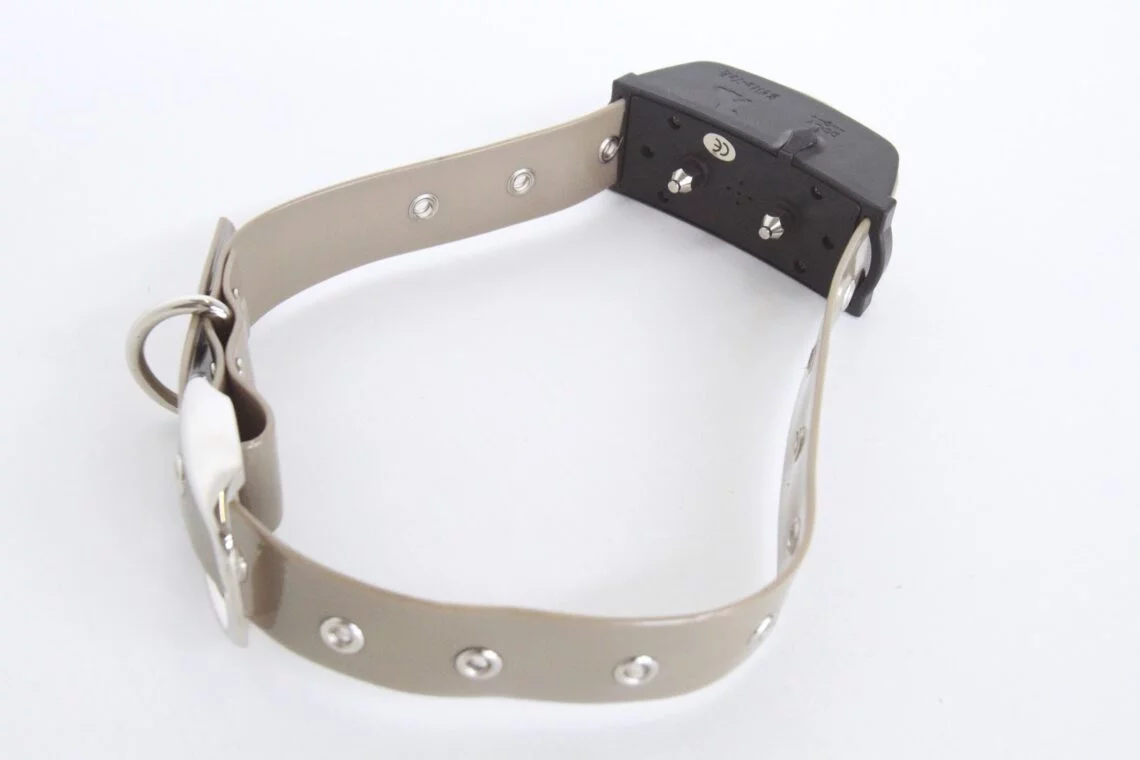
RSPCA fears shock collar ban u-turn
The RSPCA has urged the UK Government not to abandon a pledge to end the use of electronic shock collars on England’s cats and dogs, as progress has stalled for seven weeks.
In April, Defra announced that the Animal Welfare (Electronic Collars) (England) Regulations 2023 would come into force on 1 February 2024; however, according to the RSPCA, many in the welfare sector fear the Government will make a u-turn, as lobbying intensifies.
Fears about the abandonment of a shock collar ban in England has intensified only weeks after the UK Government binned its flagship Kept Animals Bill, after the wide-ranging piece of animal welfare legislation had spent more than 550 days in parliamentary limbo.
A survey carried out for the RSPCA’s #DogKind report found that 88% of dog owners agreed that training methods shouldn’t frighten, worry or hurt dogs – while only 5% said they used shock collars.
The body has now launched an urgent public campaign giving supporters the opportunity to email their Member of Parliament, asking them to put pressure on the UK Government to keep their promise to England’s dogs and cats.
Esme Wheeler, RSPCA dog welfare expert, said: “Shock collars are totally unnecessary – and risk causing pain, fear, severe anxiety and behavioural problems for our cats and dogs.
“They’re outdated, inhumane and put the physical and psychological well-being of pets at risk.”
David Bowles, RSPCA Head of Public Affairs, added: “We fear this UK Government is rapidly rowing back on its promises which threaten to leave animal welfare in a precarious position.
“But if England wishes to be a leader in animal welfare, the UK Government needs to consign outdated shock collars to the history books once and for all. We are a nation of animal lovers and the UK Government must show us they remain committed to changing animals’ lives for the better.”
The RSPCA campaign can be found here.






